Knee replacement
Endoprosthetics is a surgical operation aimed at restoring knee function by replacing its damaged components with artificial prostheses. The procedure makes it possible to improve the quality of life of patients suffering from chronic pain and limited mobility of the limb. Modern prostheses serve on average up to 25 years, and postoperative rehabilitation allows most patients to return to their usual physical activity.
The K+31 clinic offers knee joint endoprosthetics services. The price in rubles can be found on the medical center’s website or by calling.

specialists

equipment

treatment
Types of endoprostheses
Complete (total)
The most commonly used option, in which the surgeon replaces all the main surfaces of the knee joint - the femur, tibia and, if necessary, the patella.
Indications for installation:
- Severe deforming arthrosis or rheumatoid arthritis
- Severe deformations and destruction of cartilage
- Combined injuries of all parts of the joint
Total endoprosthesis provides maximum restoration of knee biomechanics. With proper rehabilitation, it lasts 20–25 years and completely eliminates pain syndrome.
Single-pole (unipartment)
When performing such an intervention, the doctor changes only one of the sections of the knee joint - medial or lateral. The operation helps to preserve the cruciate ligaments and a significant part of the joint's own tissues.
Indications for installation:
- Localized arthrosis in one of the joint sections
- Preserved ligament stability
- Absence of severe deformations of the limb axis
Due to the smaller volume of intervention, compared to total endoprosthetics, patients recover faster.
Intermediate (bicondylar with preservation of ligaments)
The design is designed to preserve the cruciate ligaments, so the knee movement remains closer to natural biomechanics.
Indications for use:
- Moderate degenerative changes
- Integral anterior and posterior cruciate ligaments
- The need for a more “physiological” range of motion
The intermediate option is chosen when the joint is seriously damaged, but the ligamentous apparatus is still in good condition.
Hinged (axial)
Rigidly articulated structures that provide stability even in the complete absence of their own ligaments and significant bone defects. Knee mobility is limited to one axis, but the risk of dislocation is low.
Indications:
- Severe instability of the joint
- Revision operations after unsuccessful primary prosthetics
- Extensive tumor or traumatic defects
Hinged endoprostheses are used in complex clinical cases when other designs cannot provide reliable fixation.
Revision
Special systems for repeated operations when the primary implant is worn out, loosened or infected. Their components are reinforced and the rods are longer, which helps to securely anchor in the remaining bone tissue and compensate for its deficiency.
General information about the procedure
Cost of knee replacement
Knee joint replacement surgery at the K+31 clinic is performed by experienced specialists using modern implants. The cost of a knee joint prosthesis in Moscow depends on its type (total, partial, revision), manufacturer and the scope of the intervention.
A personalized approach and the possibility of providing discounts to certain categories of patients are available at K+31. The exact price can be found out during the consultation and from the price list on the official website of the clinic.
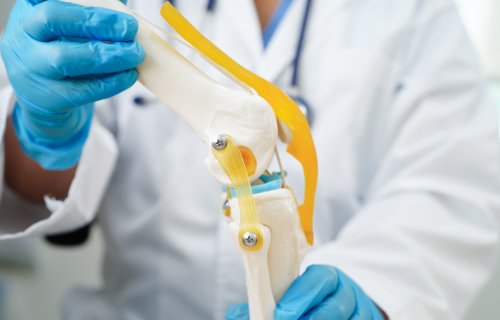
Frequently asked questions
Are there any contraindications to surgery due to age?
Yes, there are age-related contraindications for knee replacement, but they are not absolute. The decision to perform knee replacement is made individually, taking into account the patient's overall health, functional limitations, and quality of life, and not just age.
Is it possible to make two joints in one operation?
Yes. This operation is called one-stage bilateral knee arthroplasty. However, the decision to perform it is made strictly individually, after taking into account all the risks and contraindications.
When will a person be able to walk?
After knee replacement, the patient can stand up and take his first steps within a few days after the operation, strictly under the supervision of a rehabilitation specialist. Full walking with support (walker or cane) is possible after 3-7 days, depending on the patient's condition and general health.
How to sleep after surgery?
After knee replacement, it is recommended to sleep on your back with your operated leg straightened to avoid bending it and displacing the implant. You can put a pillow under your shin or use an orthopedic bolster, but do not place it under your knee to prevent the development of flexion contracture.
Is there any pain after surgery?
After knee replacement, pain syndrome is a normal phenomenon, especially in the first days after the operation. Painkillers and physiotherapy will help get rid of discomfort.
Are compression stockings necessary after hip replacement surgery?
Yes, wearing compression stockings reduces the risk of deep vein thrombosis. They are recommended to be worn daily for several weeks, especially if you are not very active.

This award is given to clinics with the highest ratings according to user ratings, a large number of requests from this site, and in the absence of critical violations.

This award is given to clinics with the highest ratings according to user ratings. It means that the place is known, loved, and definitely worth visiting.

The ProDoctors portal collected 500 thousand reviews, compiled a rating of doctors based on them and awarded the best. We are proud that our doctors are among those awarded.
Make an appointment at a convenient time on the nearest date
Price







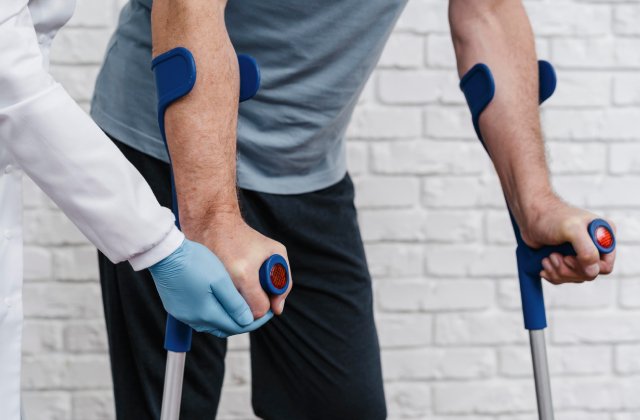
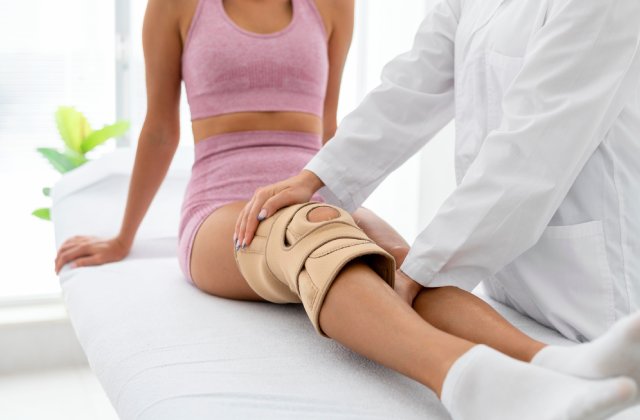
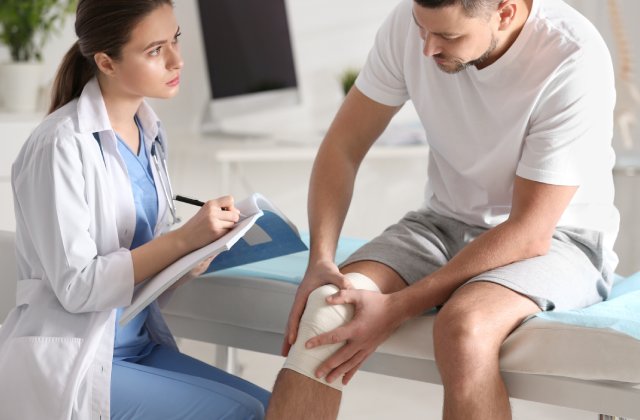
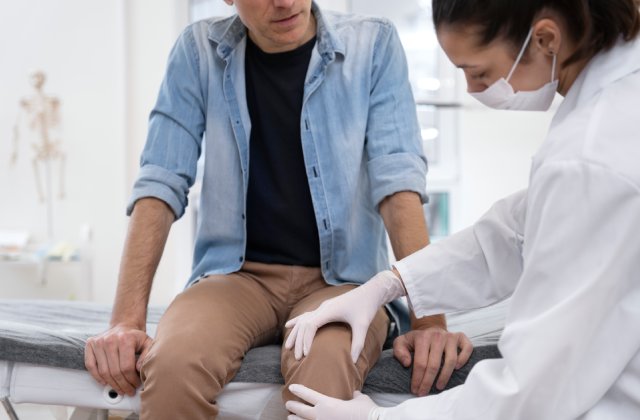
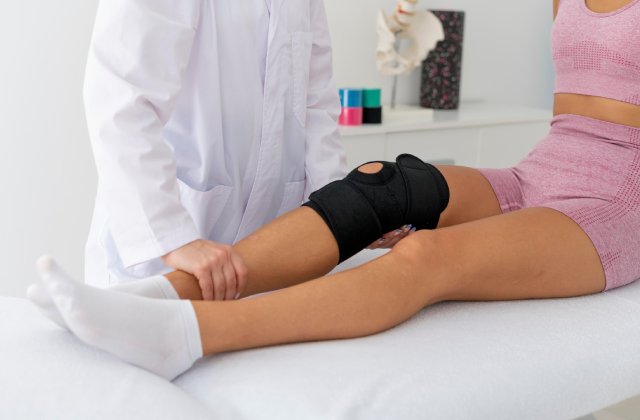

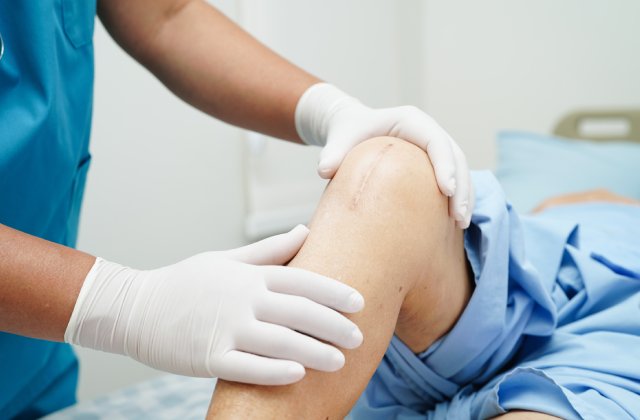
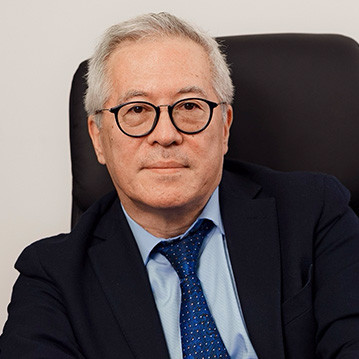
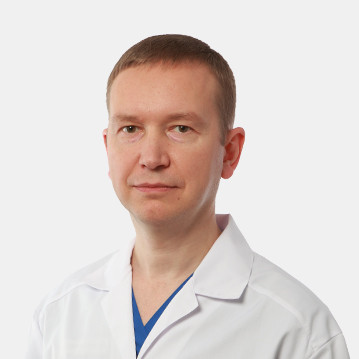
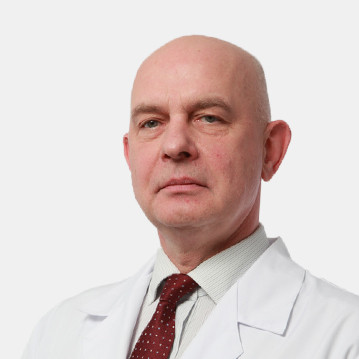
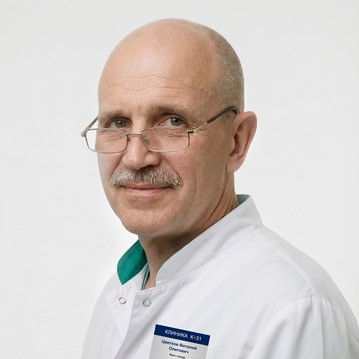
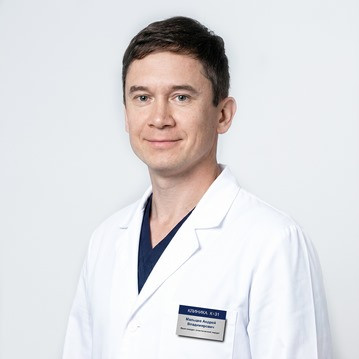
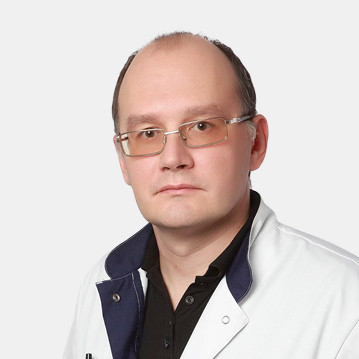
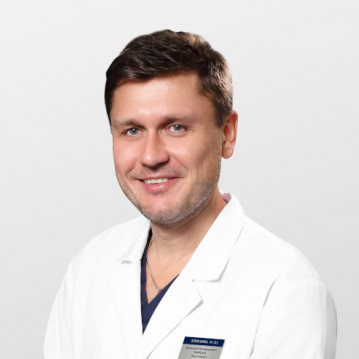
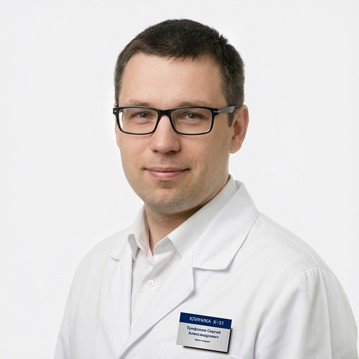
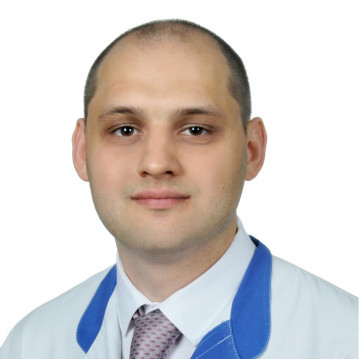
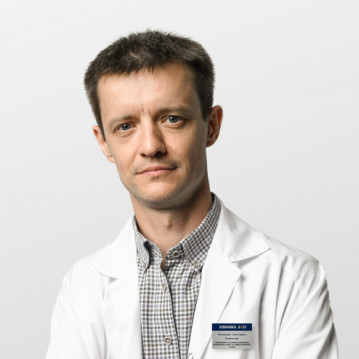
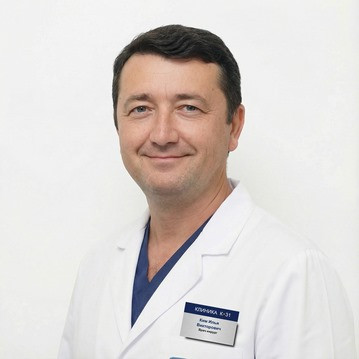
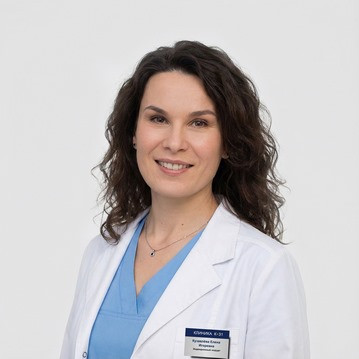
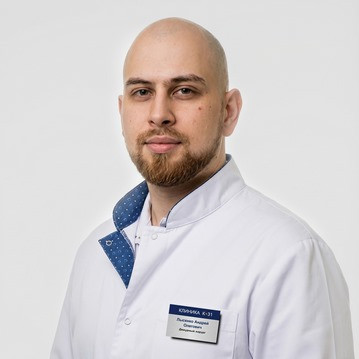
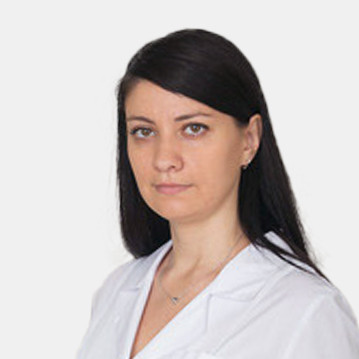
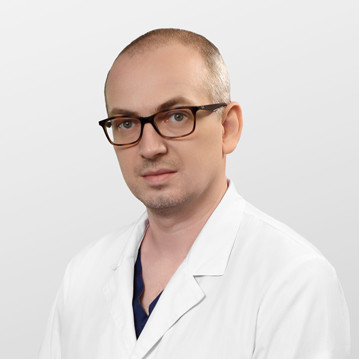
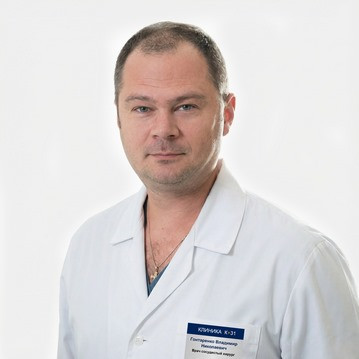
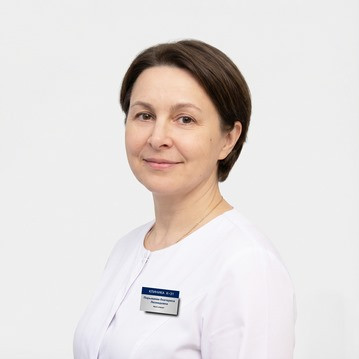
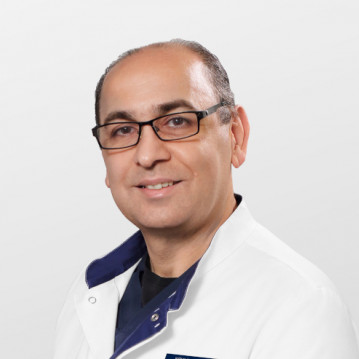
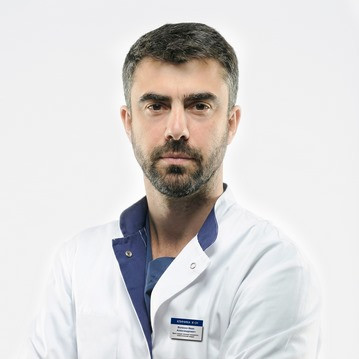
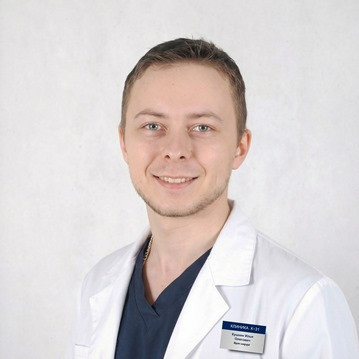
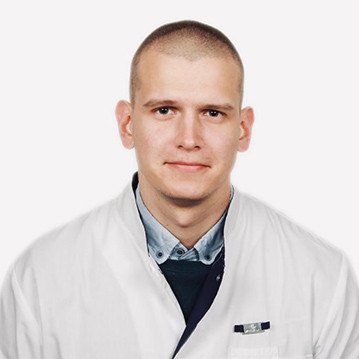
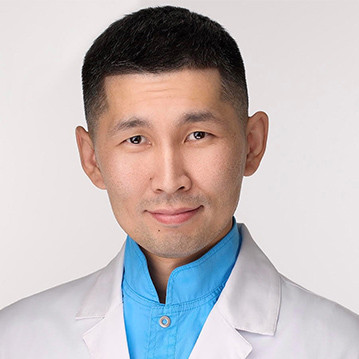

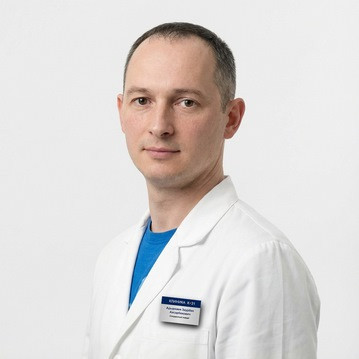
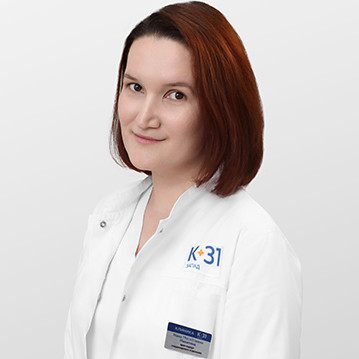
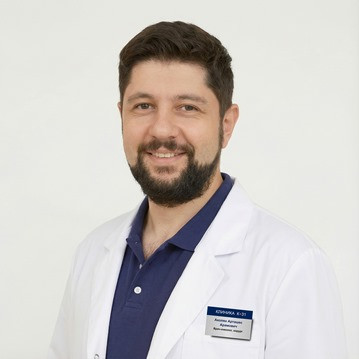
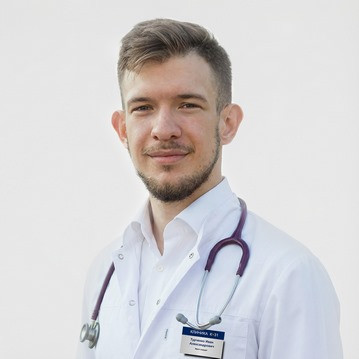

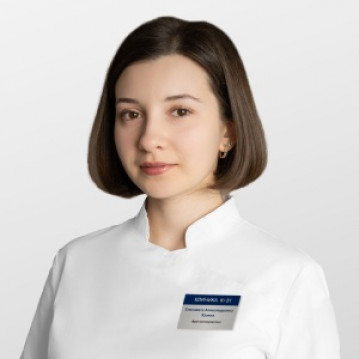
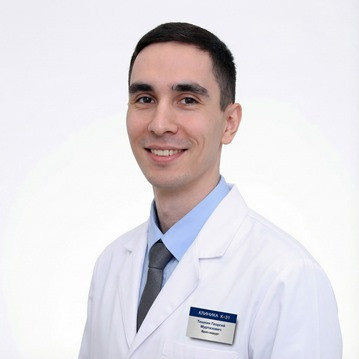
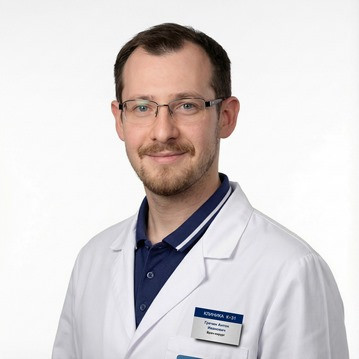
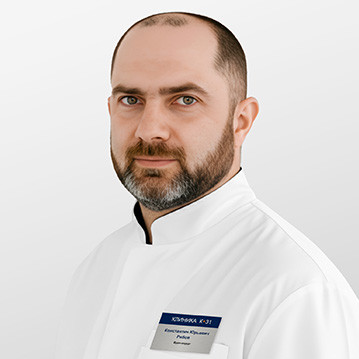
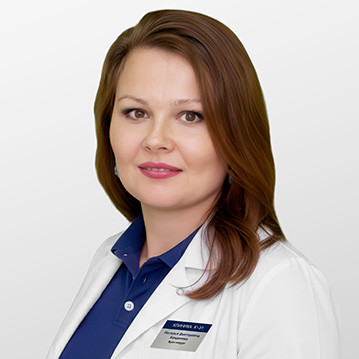
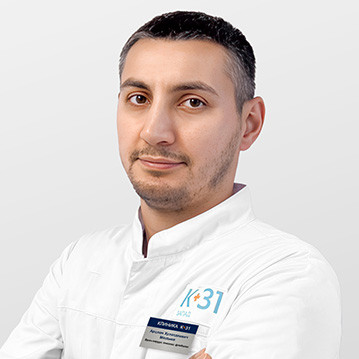
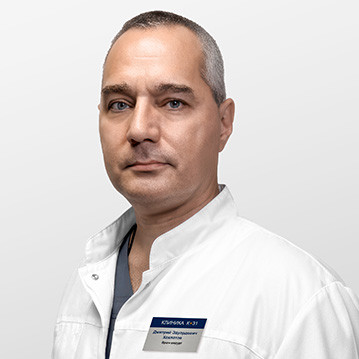
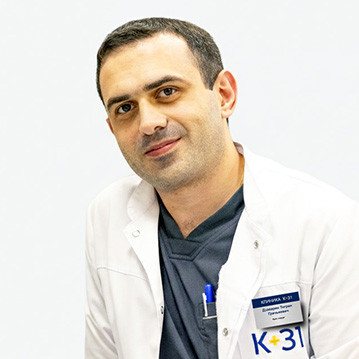

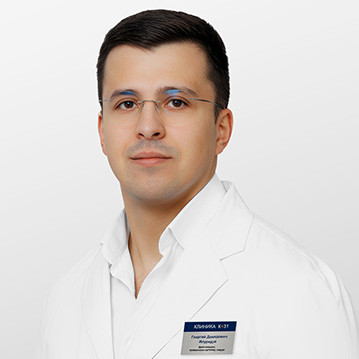
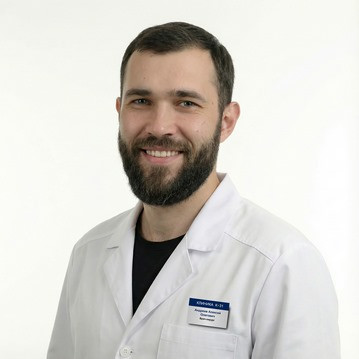
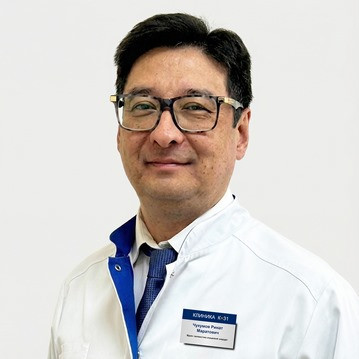
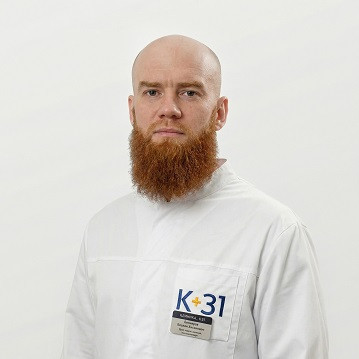
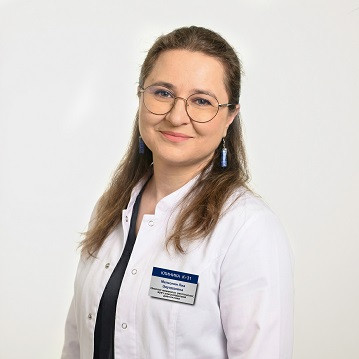
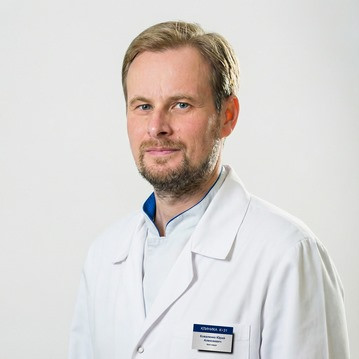
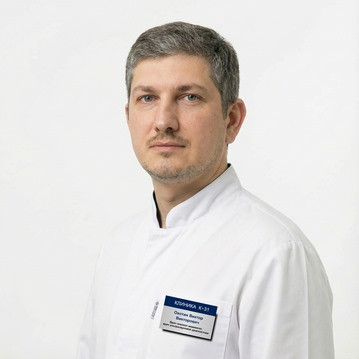
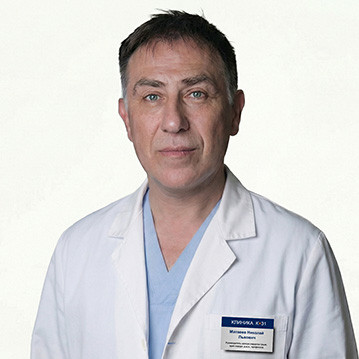
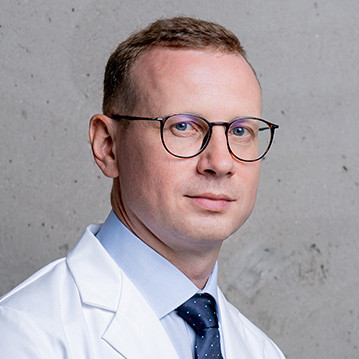




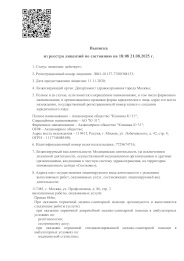

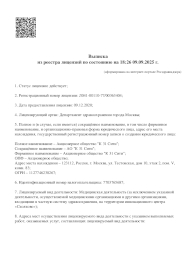
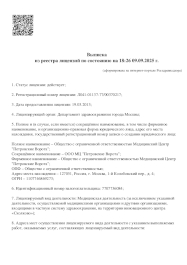
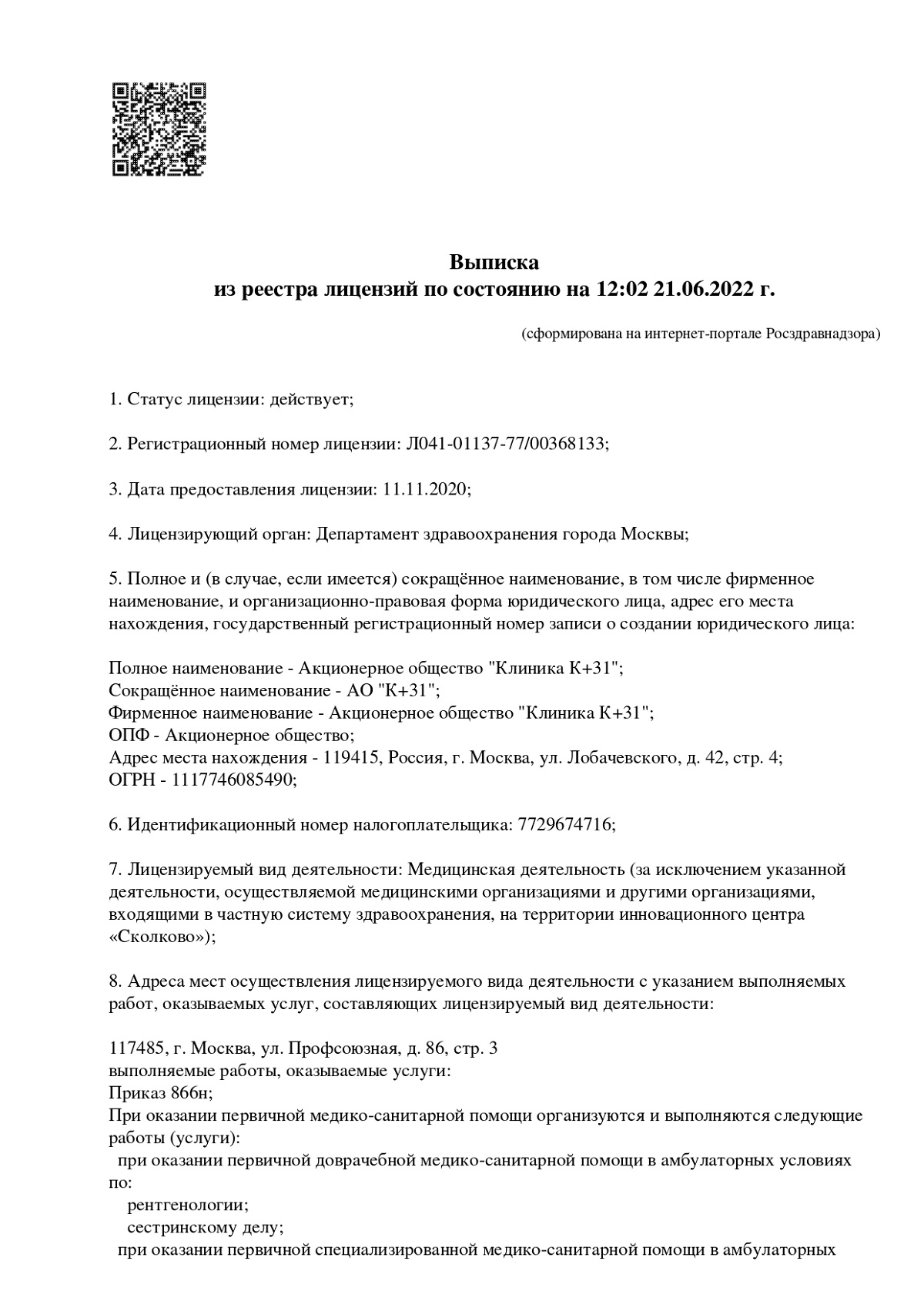
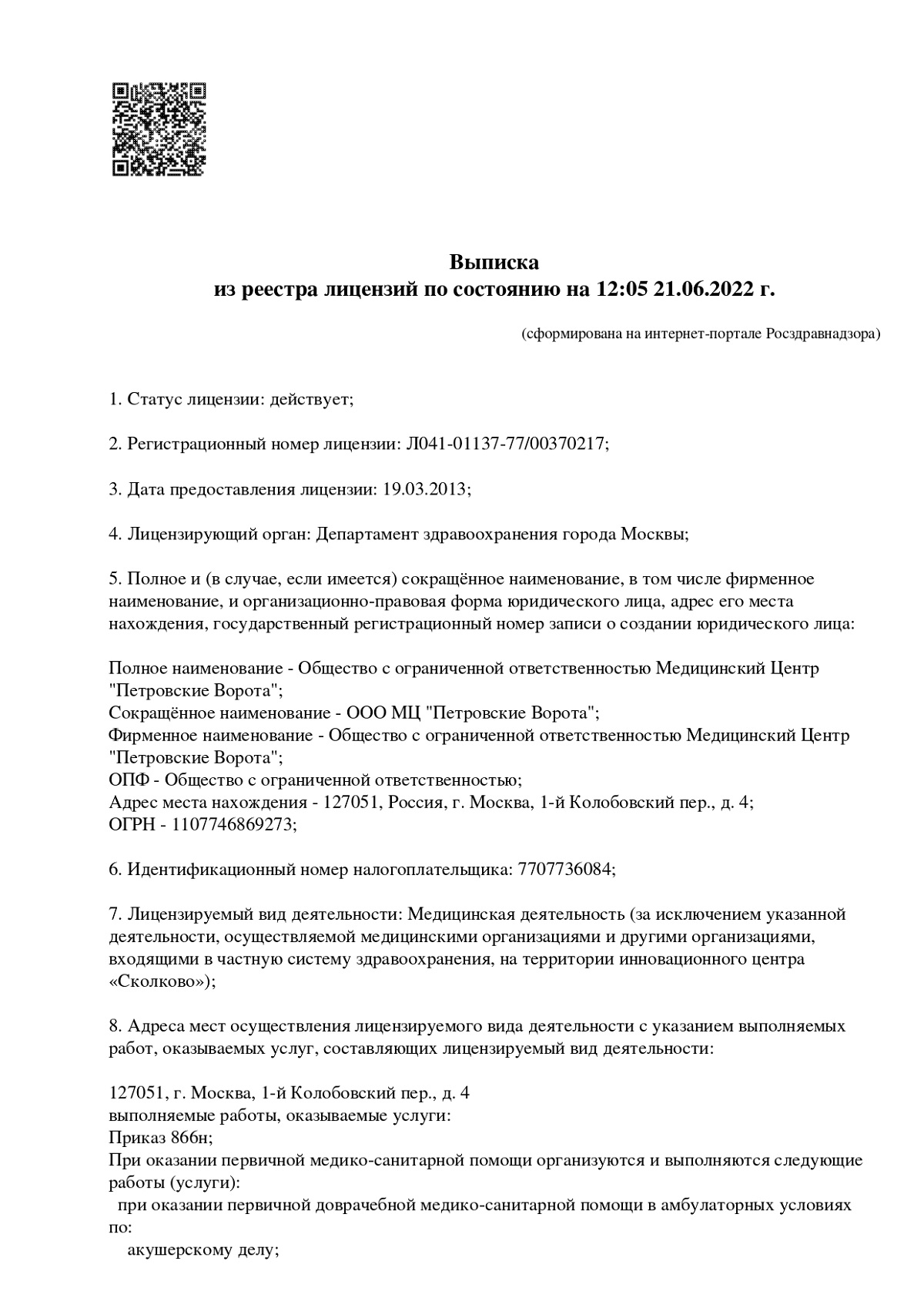
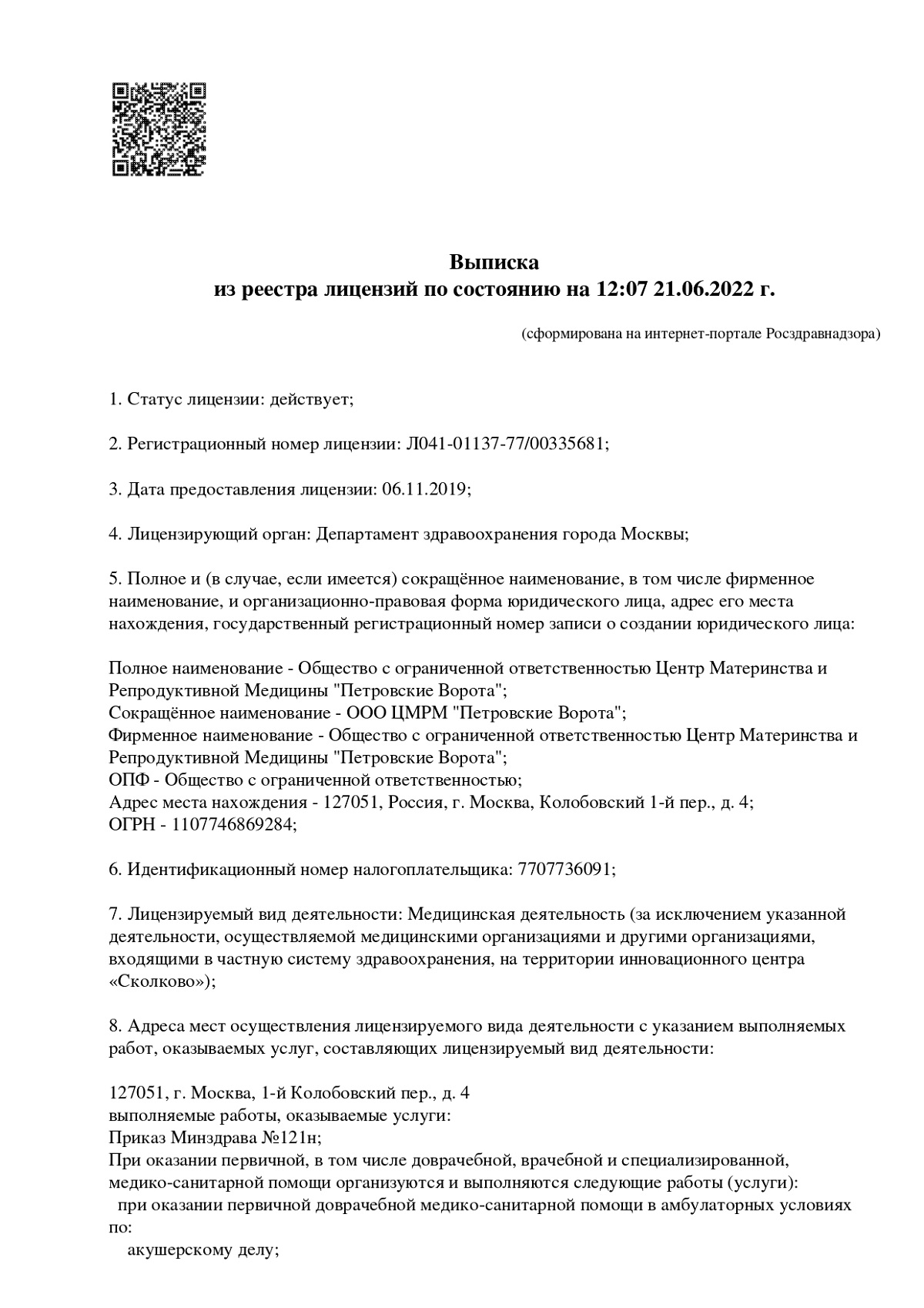
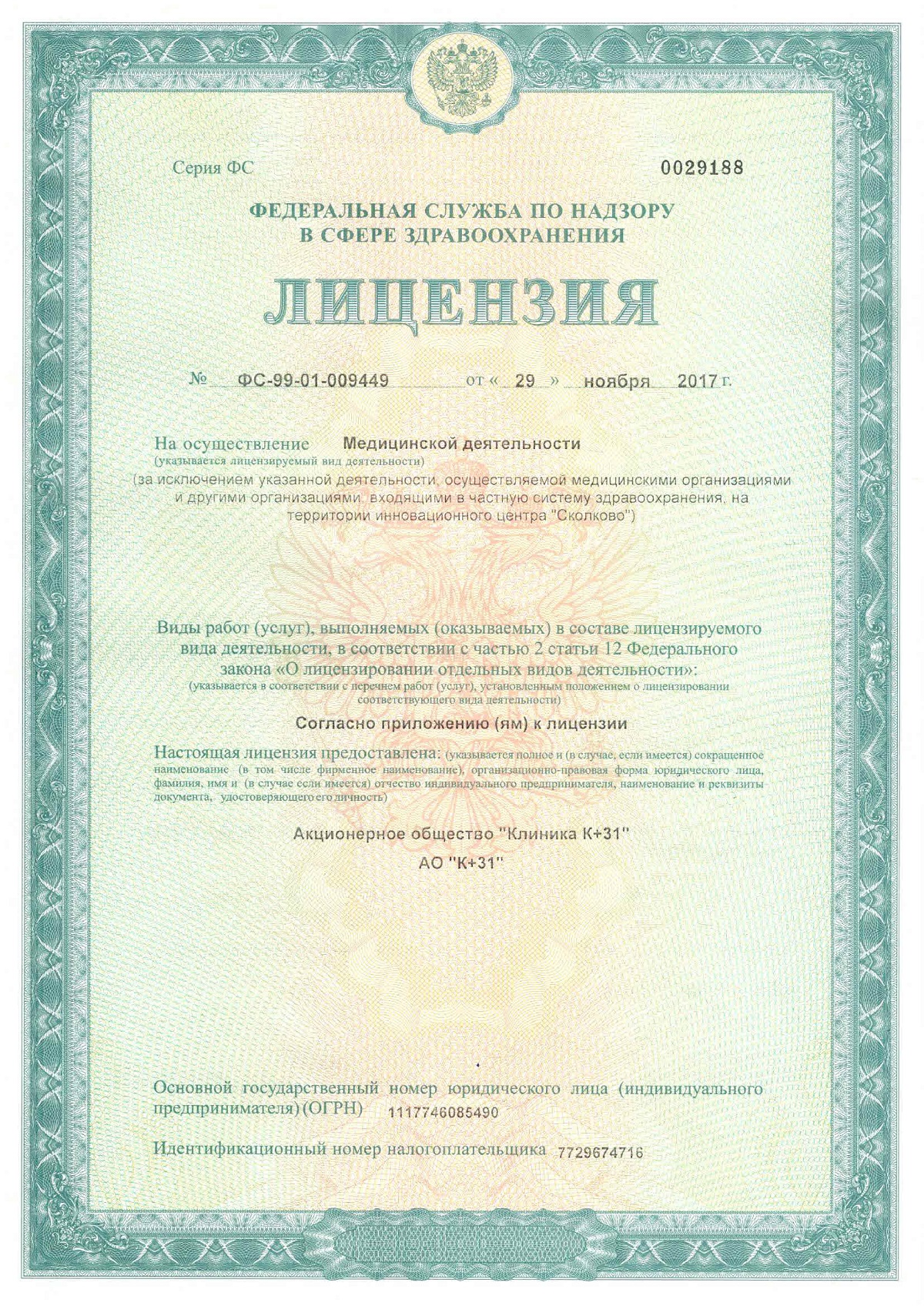
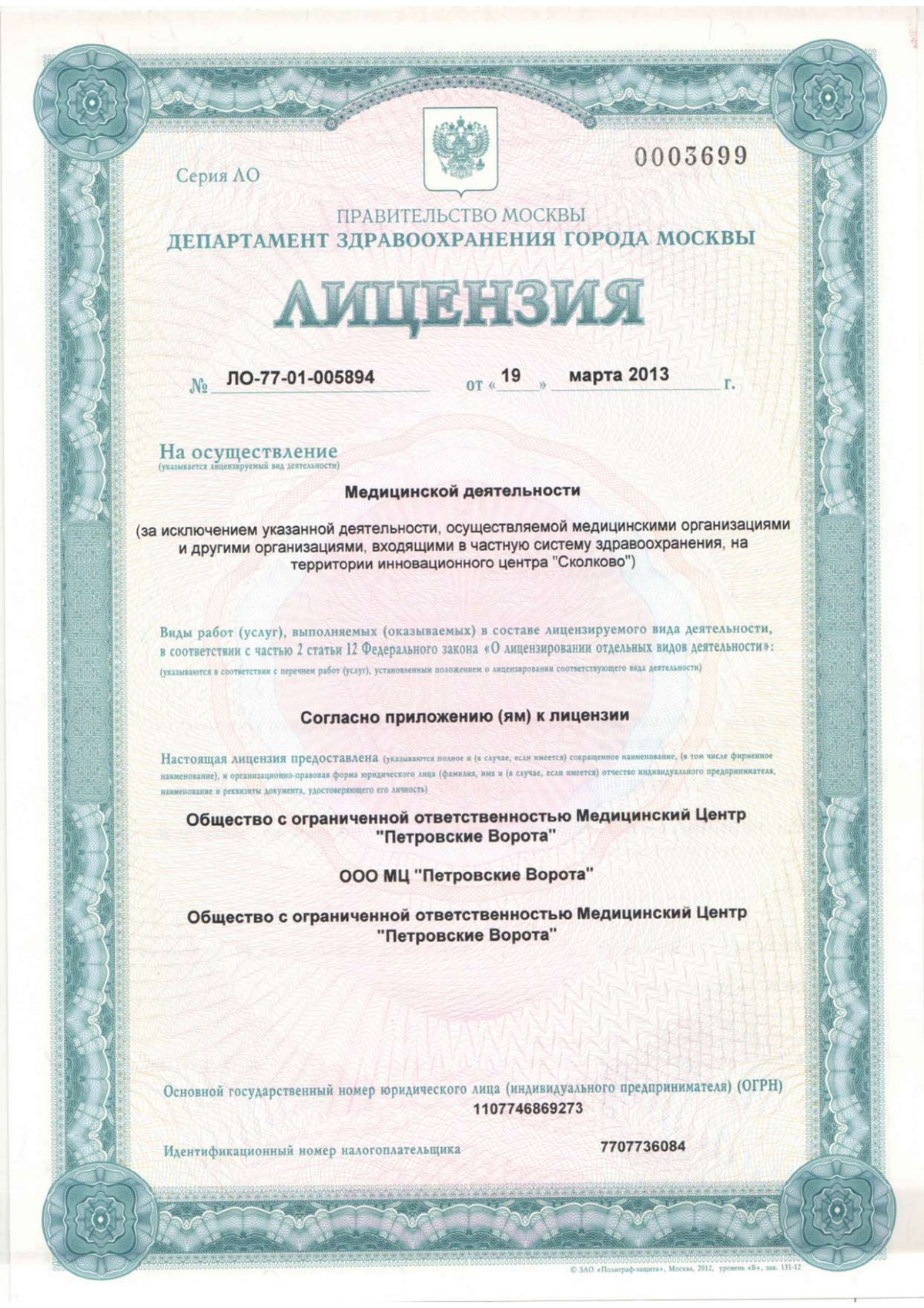
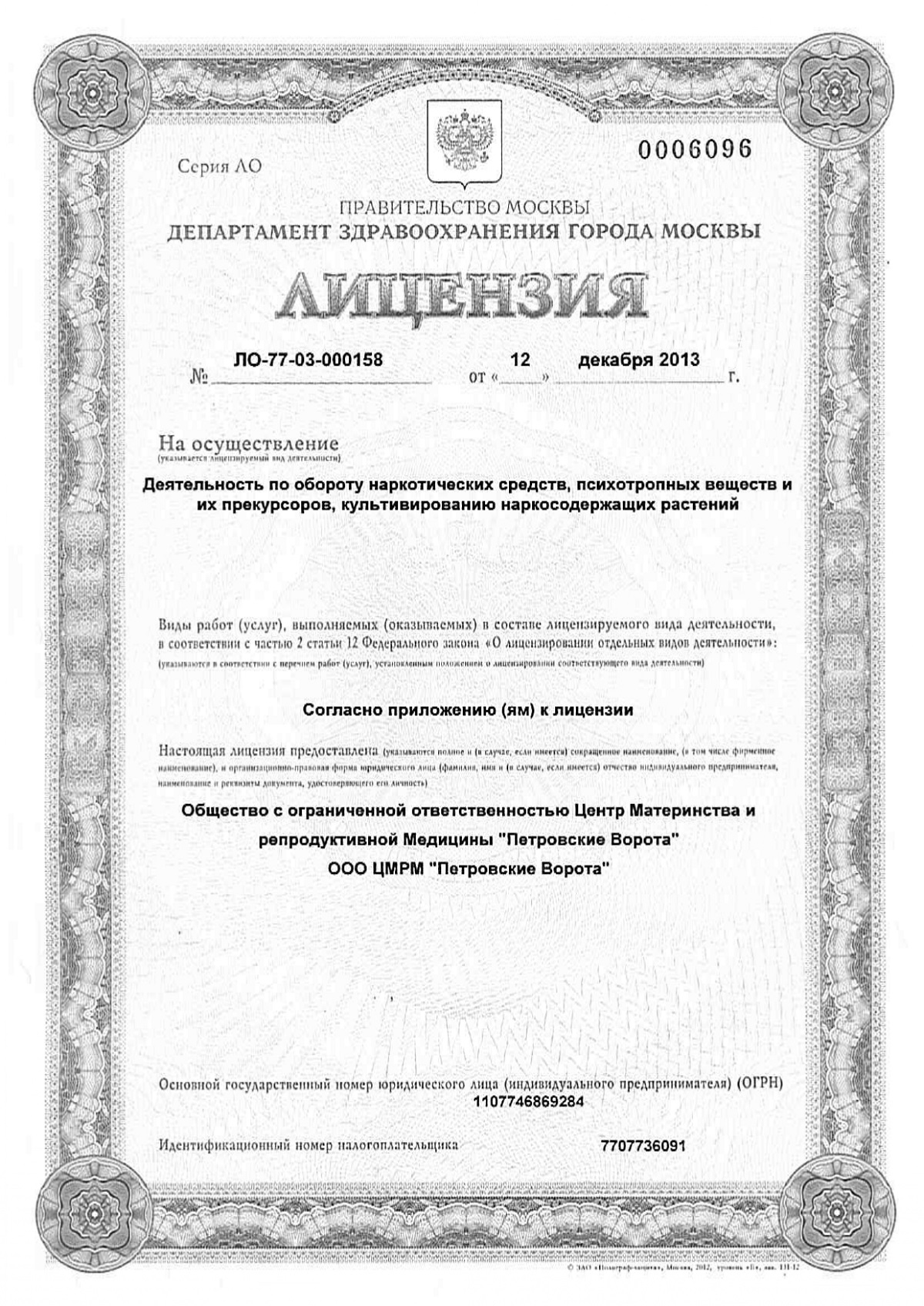
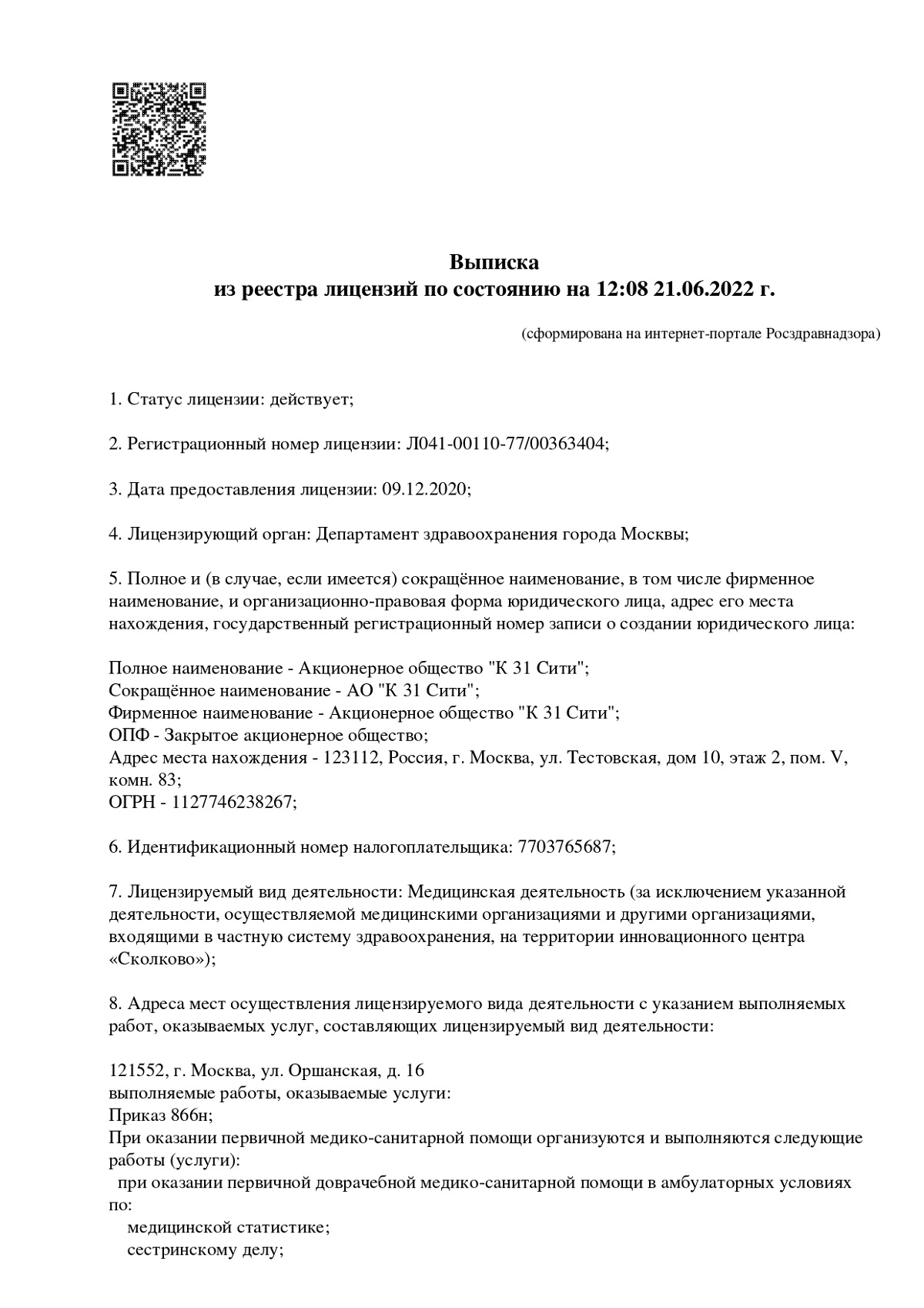
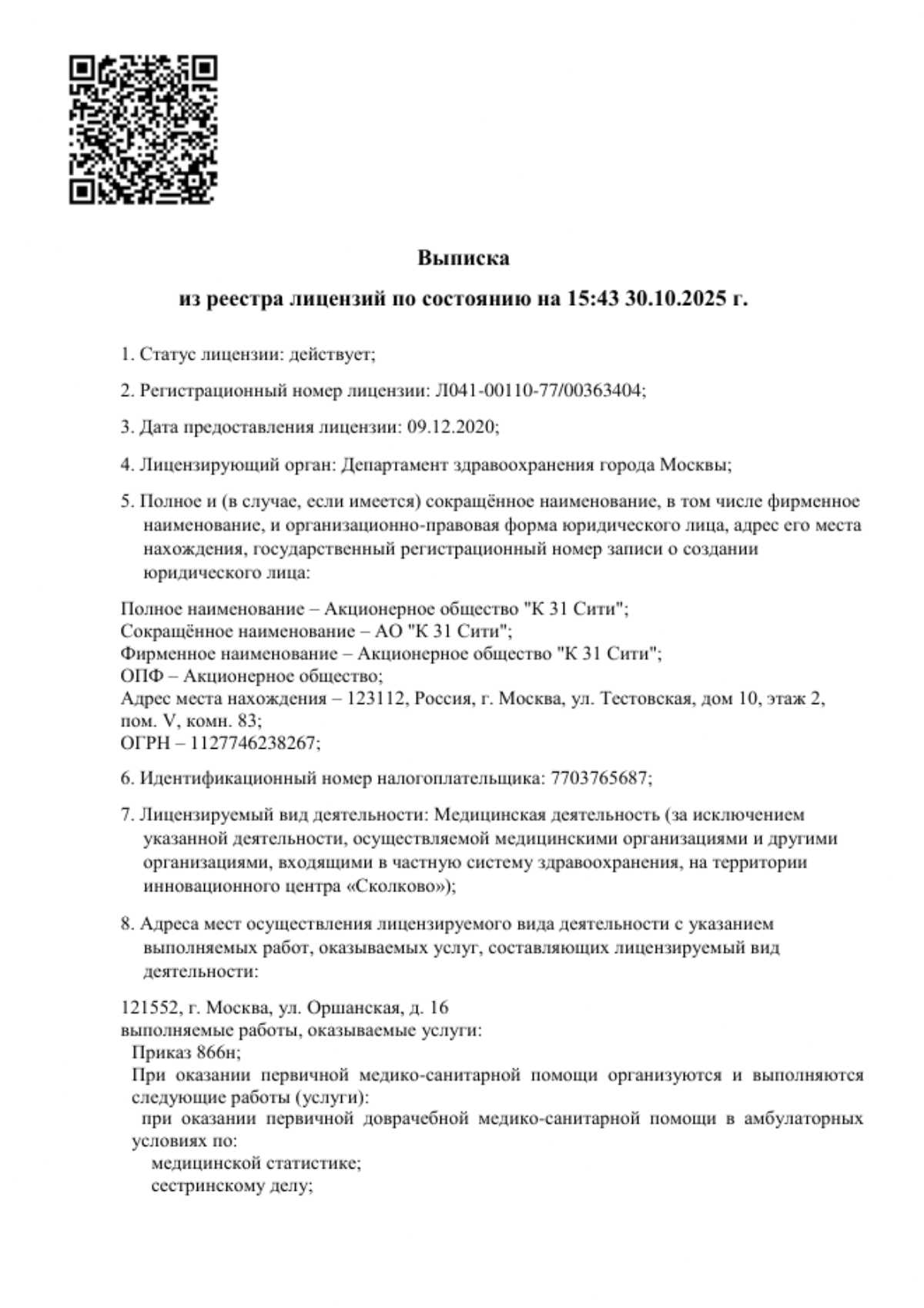
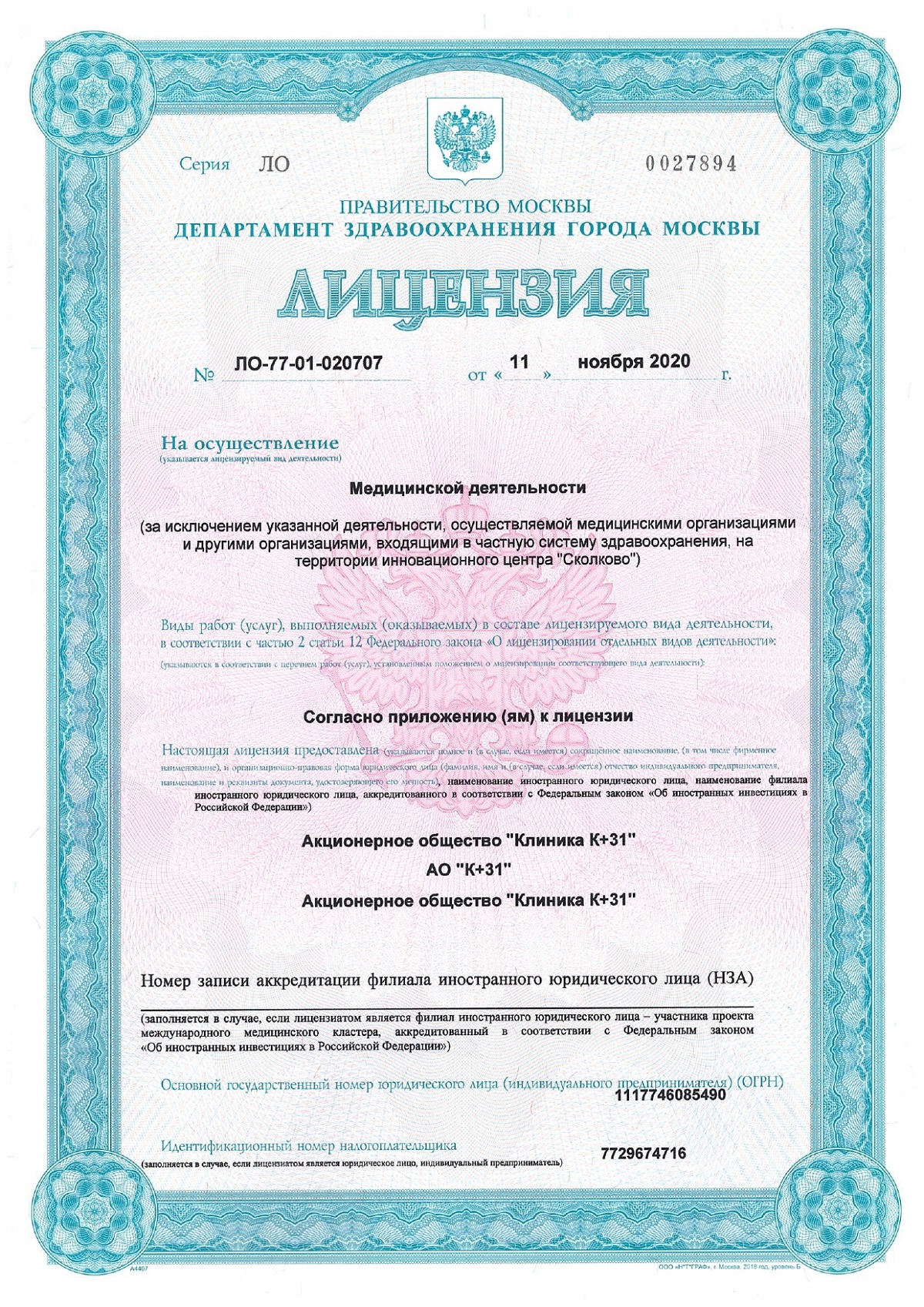
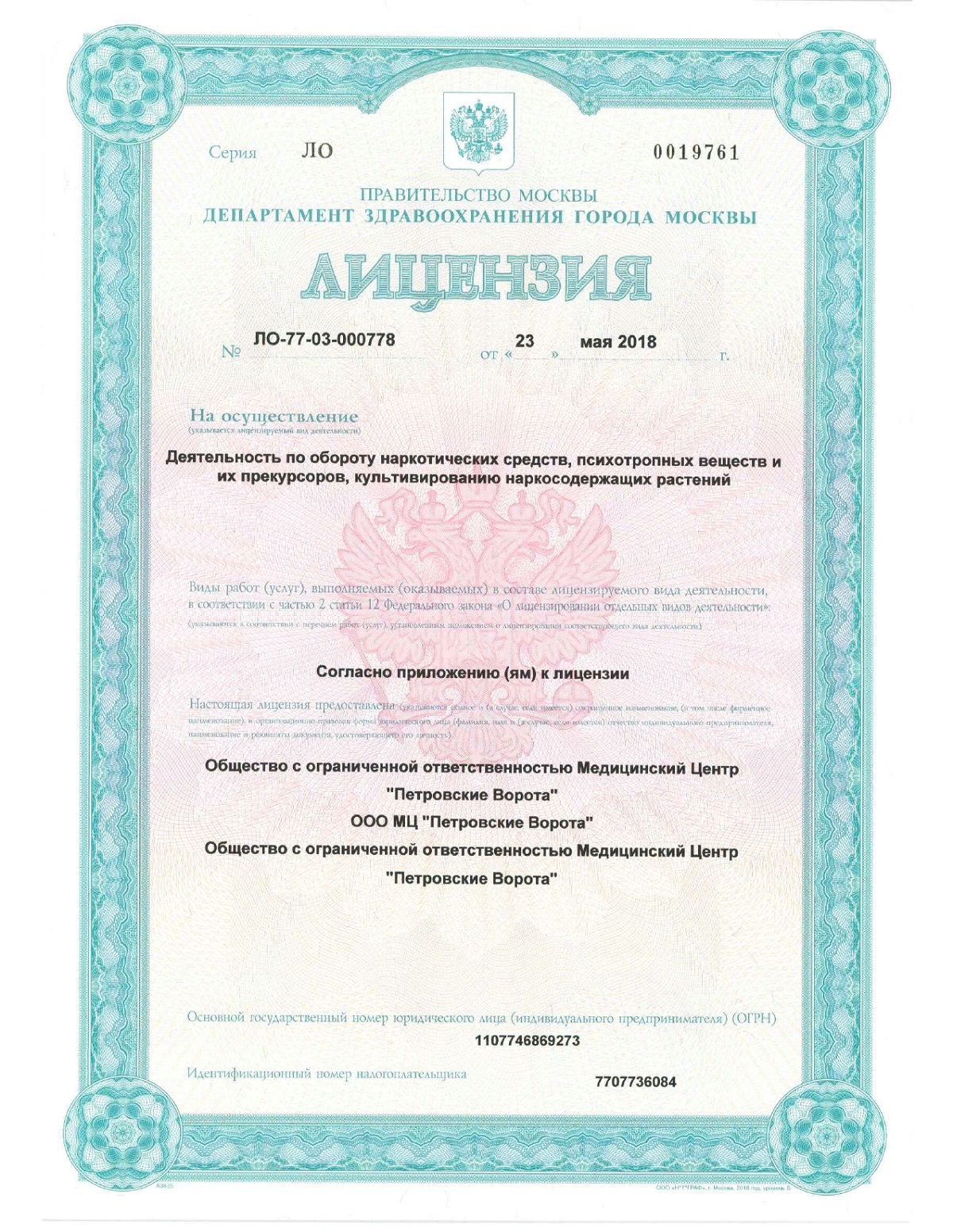
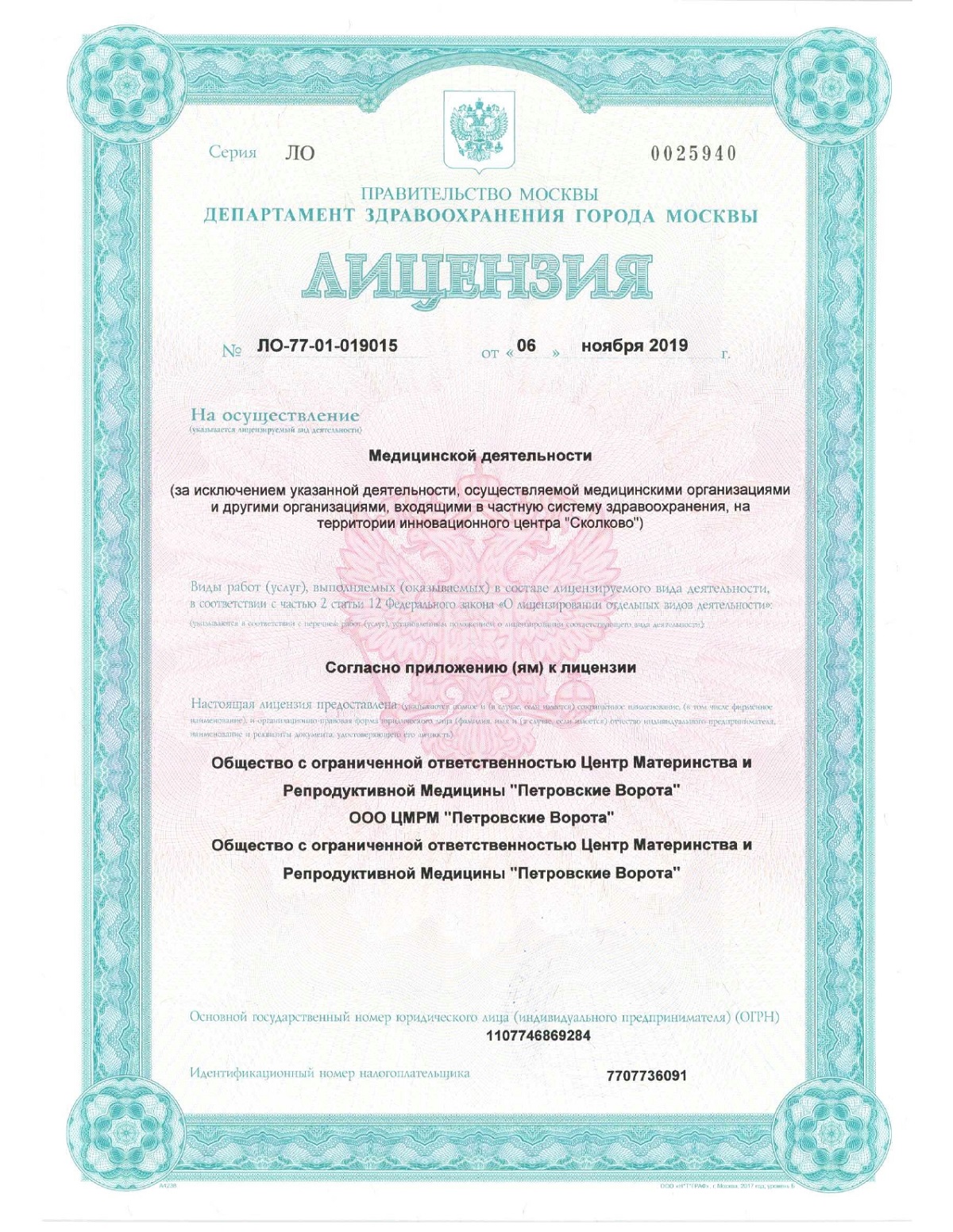
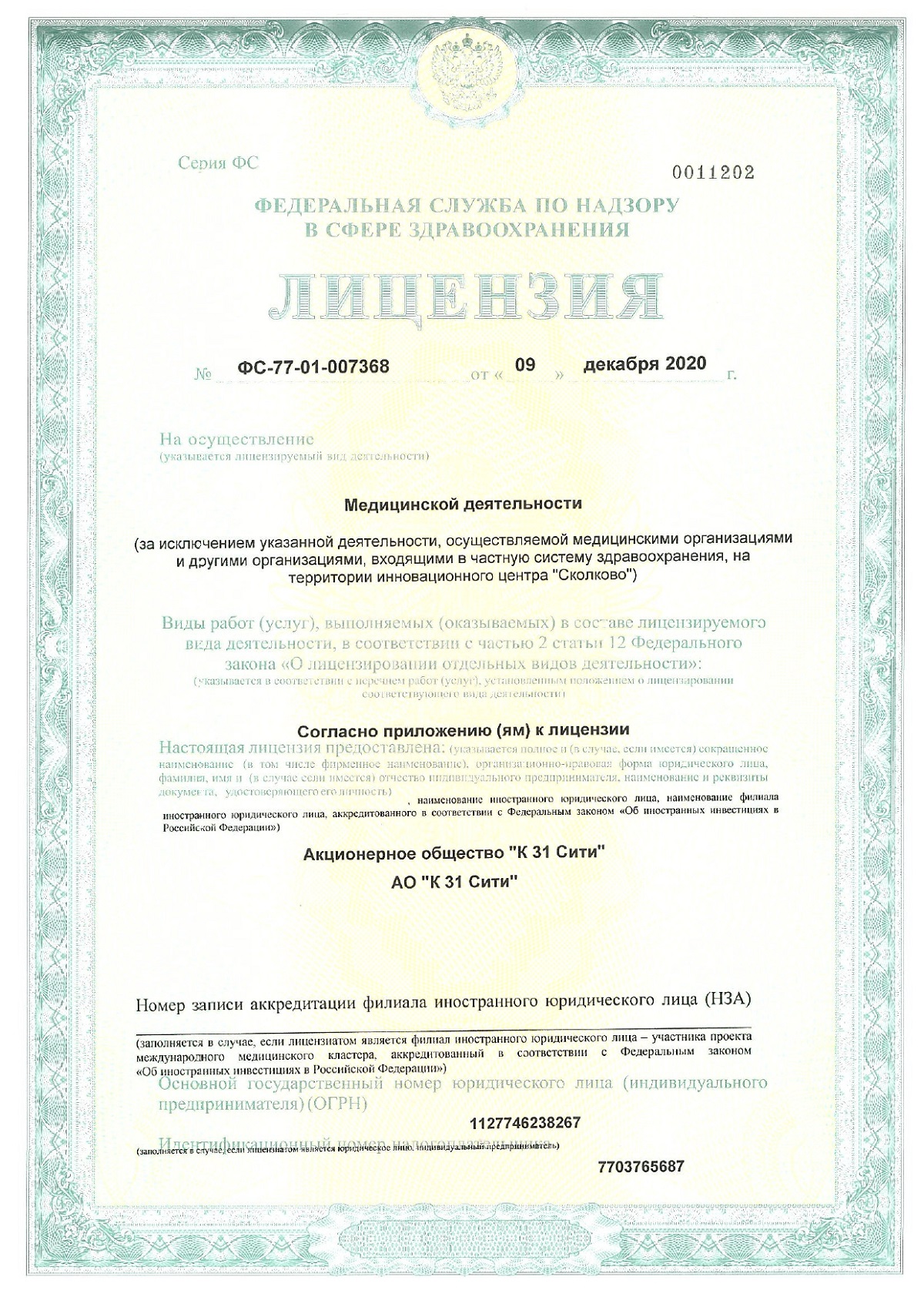



Benefits of endoprosthetics
The operation to install a knee joint endoprosthesis provides:
The success of the operation largely depends on proper preparation, the qualifications of the surgeon, and the patient’s compliance with all recommendations in the postoperative period.